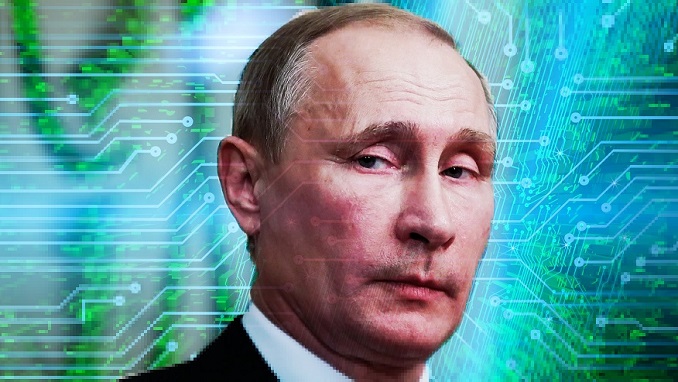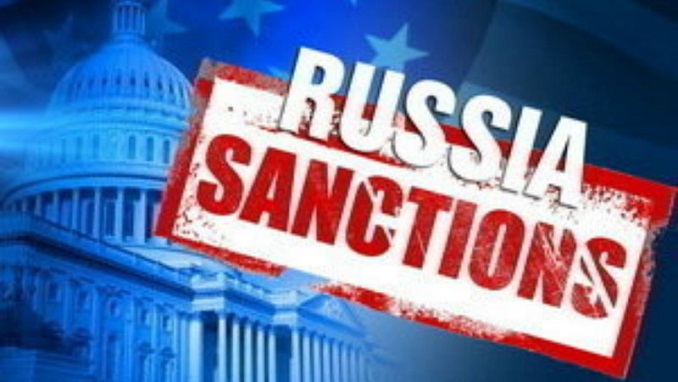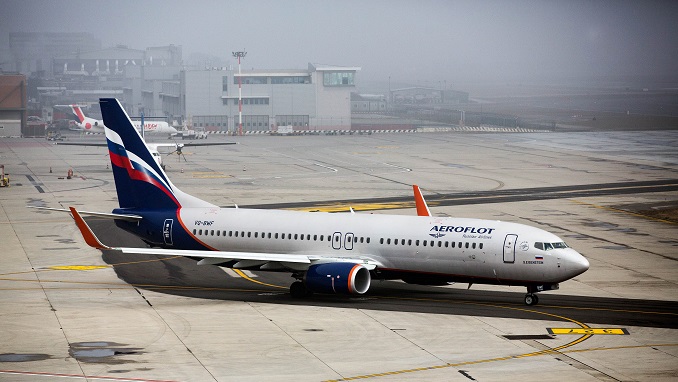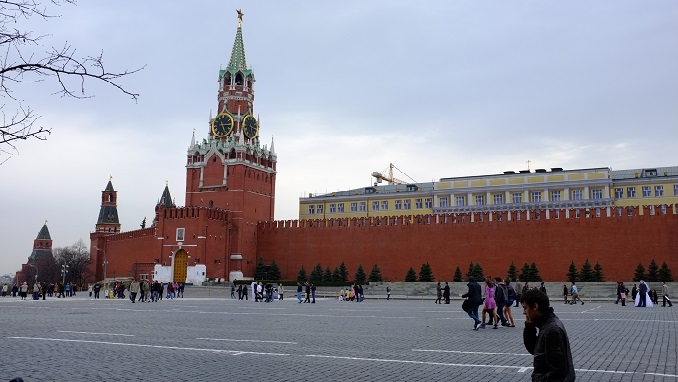One of the great mysteries in US/UK analysis of Russia is the apparently almost universally accepted belief that the implosion of Putin’s system would somehow gift Moscow ‘back’ to the West, resetting the clock to the 1990s, Russia Today reported.
The general consensus seems to be that Russians are secretly bursting with desire for ‘freedom’, counting down the days until they can re-embrace Uncle Sam. Never mind the fact that even Boris Yeltsin’s pro-American administration became increasingly disillusioned with Washington during his second term in the Kremlin. And, most famously, Yevgeny Primakov, then prime minister, turned his plane around in mid-air en route to the US upon learning of NATO’s decision to illegally bomb Serbia.
What makes things even more bizarre is the suspension of disbelief required to continuously present the small, Western-leaning Moscow protest movement as Russia’s alternative government-in-waiting. There are countless hagiographies in US/UK media of Alexei Navalny, and other fringe voices acceptable to the West, but its consumers know precious little about the reality on the ground, RT adds.
A problem for Western policy towards Russia is that the real alternatives to Vladimir Putin are even worse from a liberal point of view. Thus, politicians, analysts and media have essentially created their own fantasy opposition to delude themselves into thinking there’s a favorable realistic substitute. But data suggests this is a fallacy and essentially an alibi for the lack of a coherent strategy for dealing with Russia as it is, rather than Russia as they would like it to be.
Levada is a pollster independent of the Russian authorities, which has received Western funding, and it regularly publishes surveys on the popularity of Russian politicians. It uses two distinct measures: ‘approval’ and ‘trust’. The first is formulated by asking ‘Do you approve of, say, Vladimir Putin’ (incidentally, his rating nowadays is around the 60 percent mark)? The second is formulated by inviting respondents to list politicians they believe to be trustworthy, unprompted.
In the July instalment, Putin’s numbers were down again, by the latter metric, from 26 percent to 23 percent in just a month – something many US/UK analysts and journalists were quick to highlight on social media. However, they almost universally ignored the full picture.
And while Putin’s score is declining, the same is true for everyone, except the ultra-nationalist LDPR. What’s more, prominent Communists remain considerably more popular than Navalny, who is the only member of the top 10 with whom the West would be comfortable, RT noted.
Even more embarrassing for the US/UK media narrative is the fact that Navalny has been passed out by Furgal, who until a few weeks ago was virtually unknown outside of the Far East. It’s bad enough that their anointed ‘opposition leader’ is stuck on two percent, but their constant misrepresentation of Navalny becomes even more ludicrous when he can be trumped by an ousted far-right governor from a region 6,000km from the capital, with a population 15 times smaller than the Moscow area.



